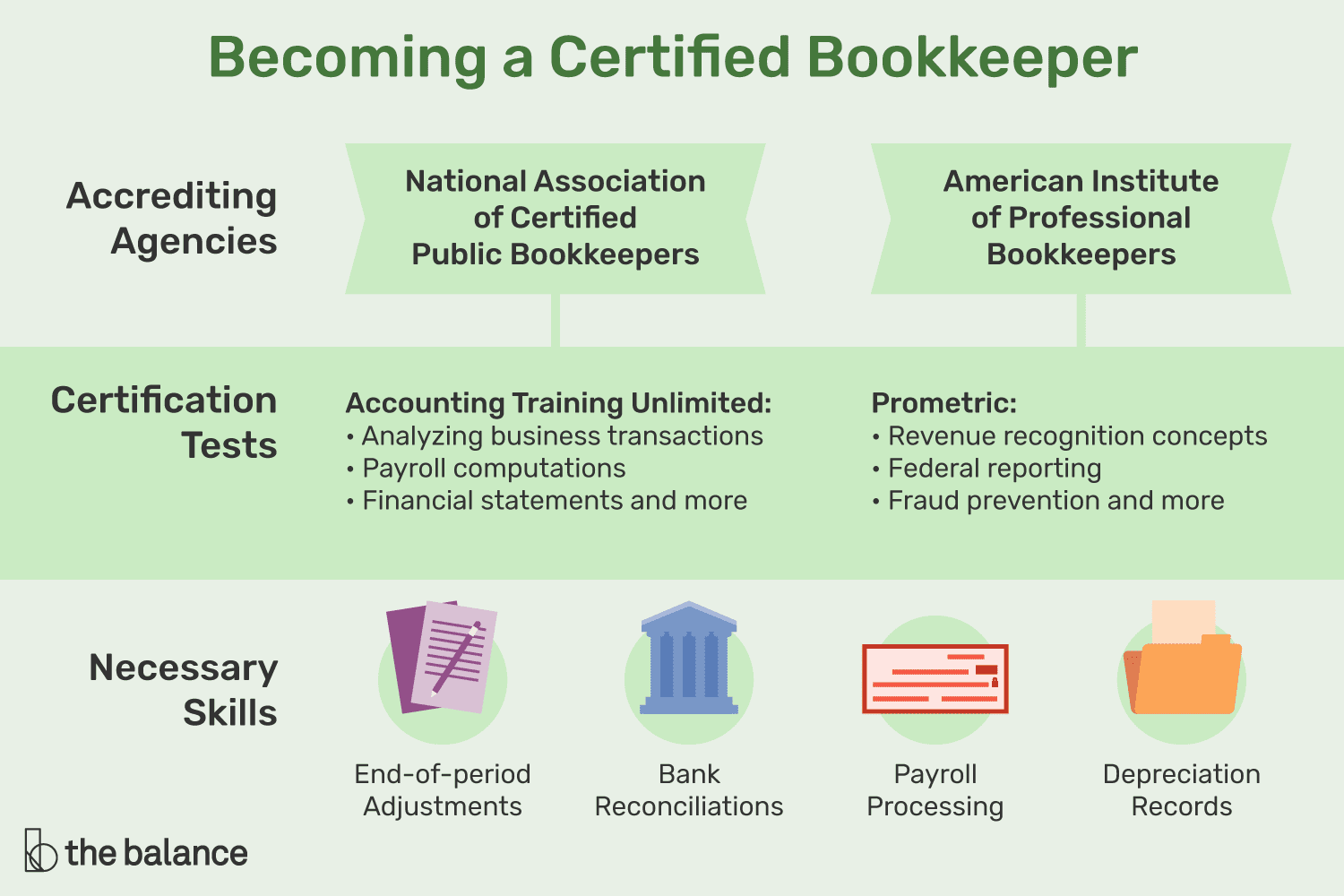Furthermore, recent changes in health insurance regulations across the United States have led to an increased demand for experienced and professional medical claims auditors and insurance claims processors. This white paper will explore the job outlooks for both of these positions.
Claims Auditor: Job Description and Outlook
Any time an insurance claim is filed to cover a medical procedure (whether it be something as basic as a checkup at a physician’s office or as serious as open-heart surgery), it’s the job of the medical insurance claims auditor to ensure that all documentation is gathered and entered into the system. Furthermore, medical insurance claims auditors must be aware of ever-changing Federal and state regulations.
The job outlook for medical insurance claims auditors is quite promising. Specifically, DiplomaGuide.com predicts that growth for this position from 2010-2020 will be above-average. Furthermore, since all medical facilities need professionals to ensure they’re operating within Federal and state regulations, medical insurance claims auditors also enjoy a great deal of job security; they are seen as valuable assets in the workplace. Finally, with salaries ranging from $31,000 to $70,000 (depending on experience and location), medical insurance claims auditors can enjoy a relatively comfortable living.
And since those working as insurance claims auditors typically don’t need more than a two-year college degree, this is a wonderful career choice for those who want to enjoy a comfortable living without the need for years upon years of schooling.
Recommended for you
-
Medical Assistant Program
Take our accelerated Medical Assistant with Clinical Labs program at our Arlington campus and start a new career in as little as 8 months!
Radiology Technician Training
Take our accelerated Radiology Technician Training program at our Arlington campus and start a new career in as little as 8 months!
Medical Billing And Coding Specialist Program
Our 100% online accelerated Medical Billing and Coding Specialist Program makes it possible for you to train for a new career in as little as 25 weeks!
Pharmacy Technician Training Program
Our 100% online accelerated Pharmacy Technician Training program makes it possible for you to train for a new career in as little as 25 weeks!
Medical Assistant Program
Our 100% online fast track Medical Assistant program makes it possible for you to train for a new career in as little as 6 months!
Claims Processor: Job Description and Outlook
Another position in the medical field that’s similar to auditing is that of a medical insurance claims processor. Specifically, people in these positions deal more with the patient’s end of insurance claims. They process insurance claims and check to ensure the paperwork is valid and accurate. They then file these claims with the insurance companies to make sure their patients get reimbursed for the work they had done.
Much like the job outlook for claims auditors, the outlook for medical insurance claims processors is also quite promising. In fact, Education-Portal.com projects an 8% increase in demand for these workers through 2022. Furthermore, since all medical facilities need insurance claims processors, these workers are viewed as highly valuable in the workplace. As a result, they tend to enjoy a great deal of job security.
Furthermore, with a median salary of more than $36,000, this is an ideal career choice for those who wish to work in the medical field without necessarily needing to go through a great deal of schooling. In some cases, a high school diploma with on-the-job training is enough to land a job in this field. However, a two-year college degree can vastly improve a person’s job prospects and prepare them for nearly every challenge the position will present.
The demand for health care workers is only expected to rise in the years to come, and medical insurance claims auditors and medical insurance claims processors are no exception to this–especially as changes in medical insurance
Carey Maceira
Related Articles

















